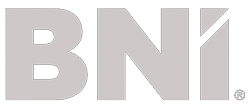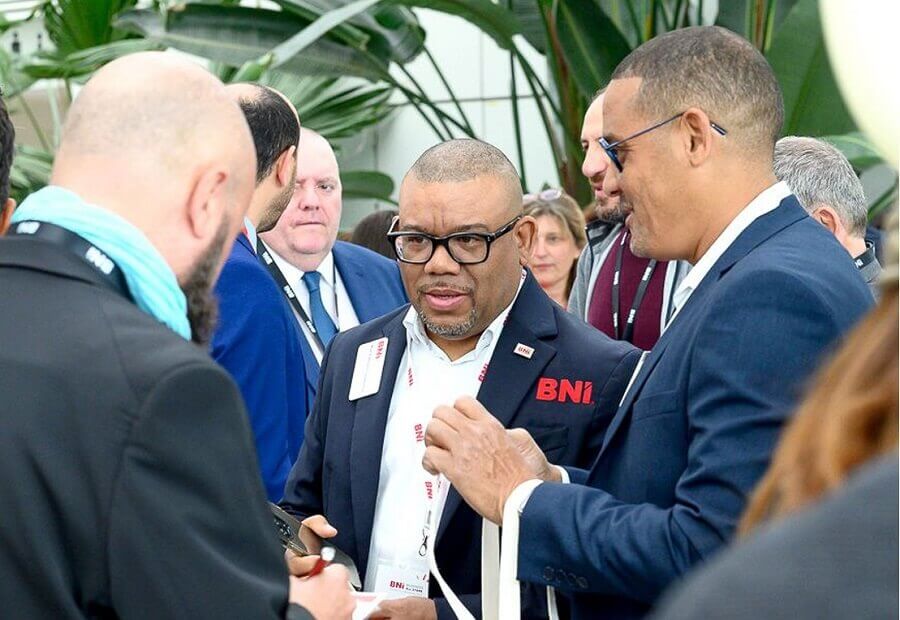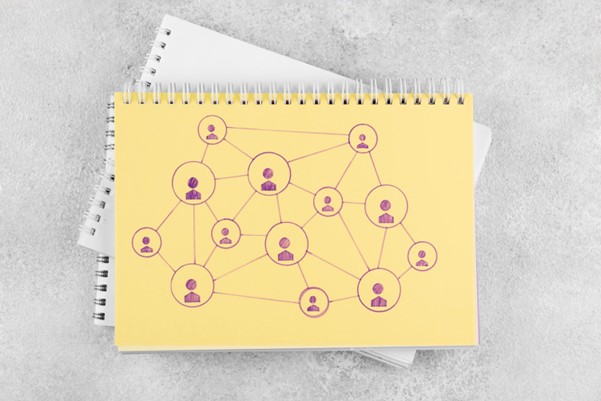Networks are by nature, “clumpy” (that’s the technical term). It’s human nature to congregate with people that are very much like us. People tend to cluster together based on education, age, ethnicity, professional status, gender, etc… The problem with this is that when we surround ourselves with people who have similar contacts it may be difficult to make connections with new people or companies with whom we desire to do business.
When it comes to business networking, you never know who people know. One of the important keys to being successful at building a powerful personal network is diversity.
In running a large business networking organization for the last two decades, I often speak to people who tell me they want to network exclusively with other business professionals who work with clients in a similar socio-economic target market, in other words – network with business professionals with similar clients. Although it is good to include these people in your personal network, any attempt to network with them exclusively would be a tremendous mistake.
It is human nature to congregate with people that are very much like us. People tend to cluster together based on education, age, race, professional status, etc.. The bottom line is that we tend to hang out with people who have similar experiences or perspectives as ours. Most of our friends and associates are often friends and associates with each other as well. The problem with this is that when we surround ourselves with people who have similar contacts it may be difficult to make connections with new people or companies with whom we desire to do business.
A diverse personal network enables you to increase the possibility of including connectors or “linchpins” in your network. Linchpins are people who in some way cross over between two or more clusters or groups of individuals. In effect, they have overlapping interests or contacts that allow them to link groups of people together easily.
When it comes to networking, diversity is key because it allows us to locate these connectors, or linchpins between clusters of people. Connectors are the gateways to other people. They create shortcuts across groups.
The best way to increase the number of linchpins in your network is to develop a diverse network – not a homogeneous one.
Having helped develop thousands of networking groups in dozens of countries around the world, I can categorically state that the strongest networking groups I’ve seen are generally ones that are diverse in many, many ways. The more diverse the network, the more likely it will include overlapping connectors or linchpins that link people together in ways they would have never imagined. The more connectors, the greater chance of getting business from people you may have never had access to. Diversity is not only the “right” thing to do, it’s also the “smart” thing to do when it comes to networking.






